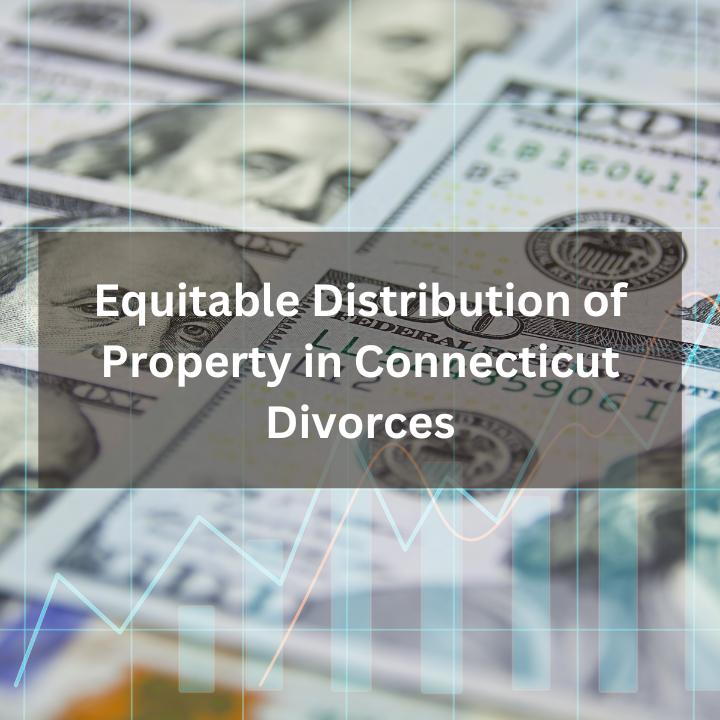
- posted: Nov. 12, 2023
- Divorce
Divorce can be an arduous and contentious process, especially when it comes to financial disputes. In deciding how to split a couple’s wealth, Connecticut judges follow the principle of equitable distribution, which means dividing assets in a way that is fair though not necessarily equal.
Connecticut law takes a uniquely inclusive approach when it comes to defining property that is subject to division during a divorce. Judges have broad discretion to consider all assets acquired by either spouse both before and during the marriage. The law does not limit — either by timing or method of acquisition or by source of funds — the property subject to the judge’s power to allocate.
In practical terms, this “all property” approach means judges can look to the spouses’ premarital assets as part of carrying out a fair division. The Connecticut equitable distribution statute states that a court “may assign to either spouse all or any part of the estate of the other spouse.” As such, it can be challenging for a spouse to prove that an asset is separately owned and thus exempt from division.
The statute provides a list of factors that the court can take into account when deciding how to apportion property. These factors include:
- Length of the marriage — Longer-married couples tend to acquire more marital assets.
- Contributions of each spouse to acquisition, preservation and appreciation of assets — These include monetary and non-financial contributions, such as homemaking or childcare.
- Occupation and income and earning capacity — The education job skills, and employability of each spouse may affect their need for property.
- Health and age — The health and age of each spouse can influence their relative financial positions.
- Future financial needs — These are especially important in cases involving alimony or spousal support.
- Child custody and support — If there are children involved, child custody and support arrangements may impact the distribution.
A complicated issue in equitable distribution is how to deal with appreciation in value of premarital property during the course of the marriage. If the non-owning spouse contributed significantly to the increase in value through direct financial contributions or other efforts, they may have a valid claim to a portion of that increase. For example, one spouse owns a business that the other spouse worked for in some capacity. The court has discretion to determine how much those contributions affected the appreciation, weighed against other factors such as market conditions and investment returns.
There are ways for spouses to keep certain assets from being divided. A common method is to enter a prenuptial or postnuptial agreement. A qualified divorce attorney can help you navigate the complexities of equitable distribution and achieve a fair and just outcome.
The O’Neil Law Firm, P.C. in Hartford, Connecticut has wide experience handling divorces and other family law matters throughout Hartford, Middlesex and Tolland counties. Contact us online or call 866-418-7593 for a free consultation.



